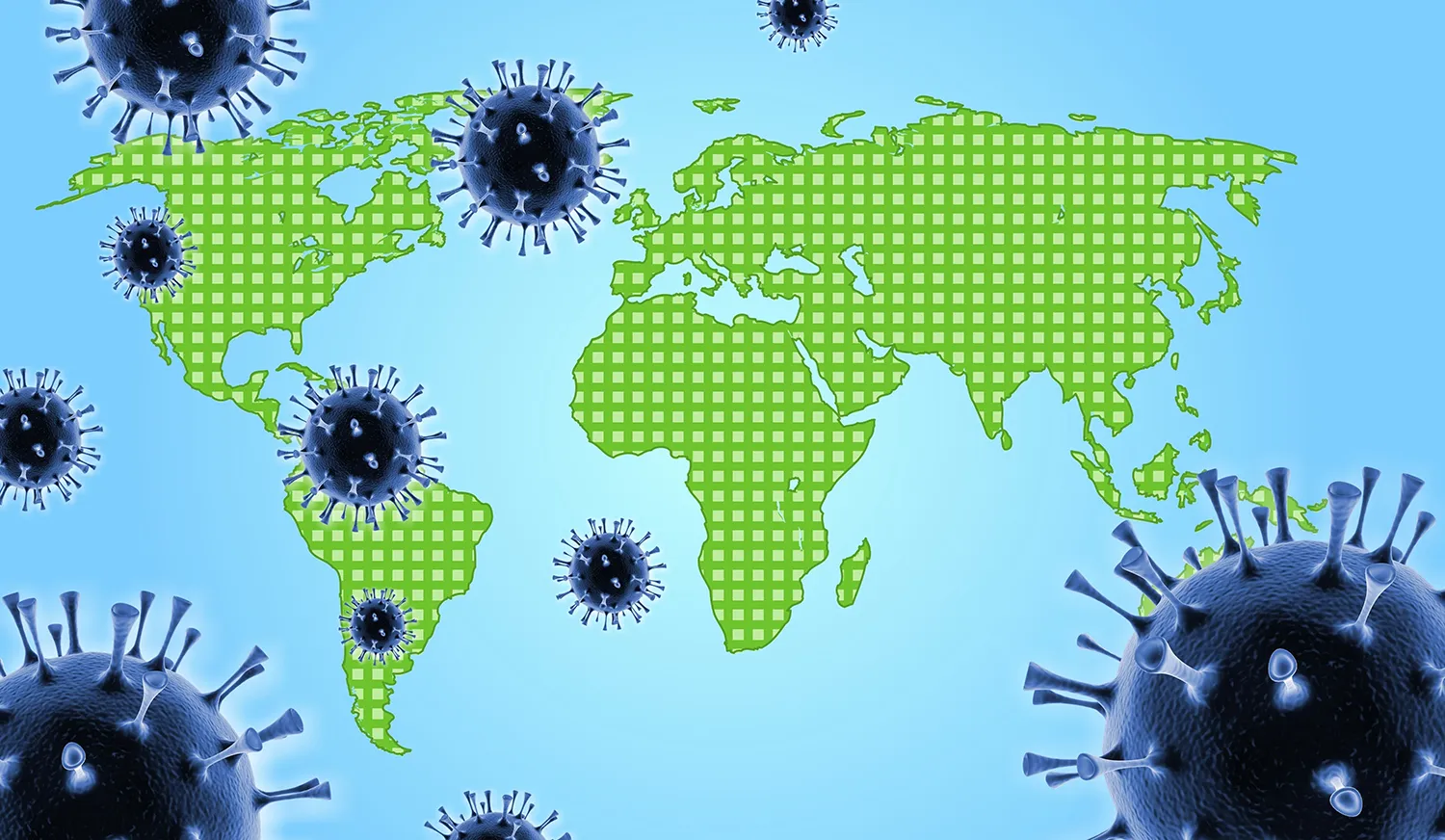AI Takes Aim at Epidemics

Russian healthcare researchers are building artificial intelligence systems that could soon forecast epidemics before they emerge—transforming global biosecurity in the process
AI Forecasting: A New Frontier in Epidemic Response
Artificial intelligence may be capable of predicting outbreaks within the next three to five years. That was the key message shared by Pyotr Kshnyakin, Deputy Head of the Personal Medical Assistants Laboratory at the NTI Competence Center for Bionic Engineering in Medicine, Samara State Medical University, during the St. Petersburg International Economic Forum. He emphasized that the real issue is not AI capability—but access to clean, structured epidemiological data.
AI in epidemic forecasting is a natural evolution of Russia’s digital healthcare agenda. The goal is to create systems that process vast volumes of epidemiological records and flag threats early. If successful, these systems could protect millions of lives and position Russia at the forefront of a global technology shift.

A Strategic Opportunity for Russian Health IT
The opportunity is not just technological—it’s strategic. Russia’s healthcare AI systems could soon scale nationally and internationally. For Russian citizens, the outcome is greater health security. For global partners, it’s a chance to deploy technologies designed with international interoperability in mind.
Global institutions like the WHO and EU health agencies are already testing AI-powered solutions. Russia’s ability to match international standards could unlock export opportunities across Europe, Asia, and beyond. Domestically, integration with Rospotrebnadzor and regional health bodies would create a unified, responsive infrastructure.

Building the Infrastructure for Predictive AI
Experts stress that success depends on the creation of unified data repositories, transparent APIs, and explainable AI (XAI) frameworks. Regulatory and ethical structures will also be essential—along with incentives like grants, tax benefits, and public-private partnerships.
Internationally, academic research is advancing quickly. Northeastern University in the U.S. has used network-based models to simulate outbreaks, while Nature has published research on AI in pandemic early warning. In 2024, the EVEscape model showed promise predicting COVID-19 mutations—but global systems still struggle with data access and transparency.
Looking Ahead
Russia’s approach could be different. With pilot regions identified and universities ready to act, national-scale deployment by 2028 is feasible. AI labs at regional hubs, targeted data collection in high-risk areas, and integration with the Ministry of Health’s real-time monitoring systems are already in planning.
If realized, this ecosystem will not only forecast health threats—it will redefine Russia’s contribution to 21st-century biosecurity. The challenge is immense, but so is the potential.










































